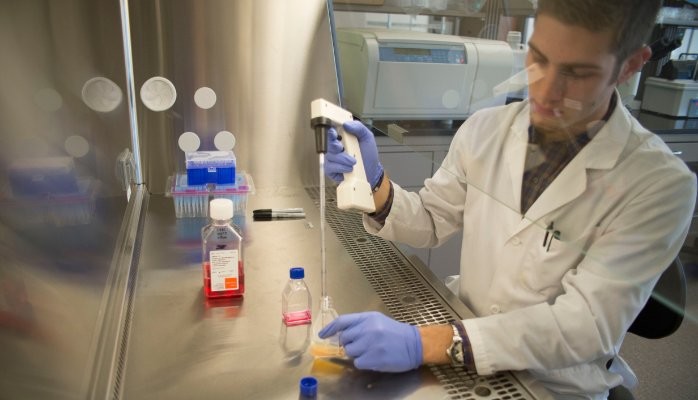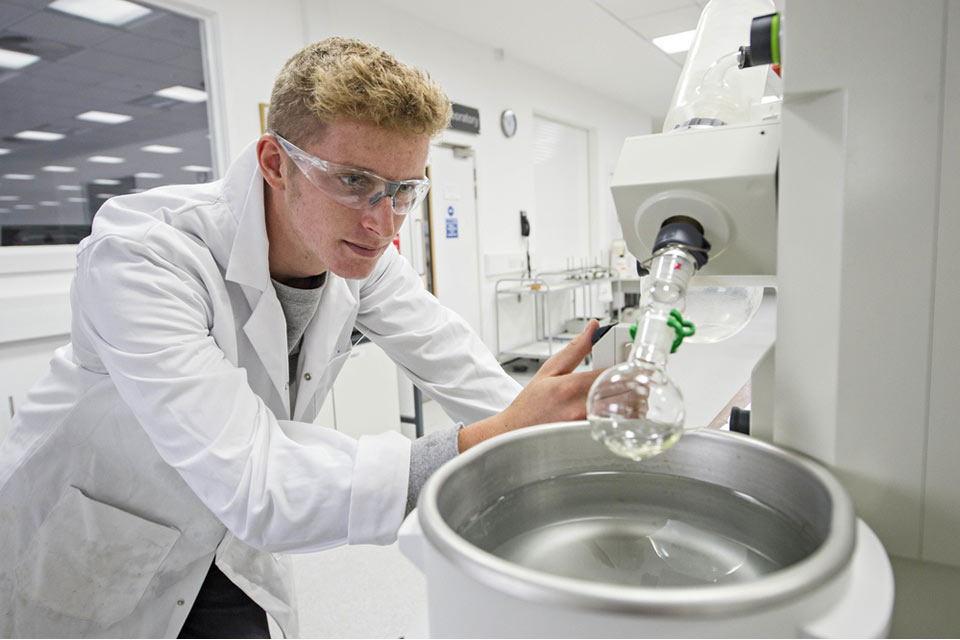In the UK, while some universities may have lower entry requirements for medicine, it’s important to note that it’s still a highly competitive field. Generally, students are expected to have strong academic qualifications.
For GCSEs, a minimum of 5-7 passes at grade B / 6 or above is typically required, including Maths, English Language, and preferably Biology or Chemistry. For A-levels, most universities seek AAA grades, with Biology and Chemistry being mandatory subjects. Some institutions may accept AAB.
Additionally, prospective medical students often need to sit the UCAT (University Clinical Aptitude Test) or BMAT (BioMedical Admissions Test), with specific scores varying by university. While lower entry requirements exist in some cases, aspiring medics should aim for excellent academic performance due to the competitive nature of the program.
What’s Medicine?

Medicine encompasses the study and application of knowledge and skills related to patient care, spanning diagnosis, prevention, and treatment.
Pursuing a degree in medicine provides individuals with both theoretical understanding and hands-on experience.
This is necessary for various career paths such as becoming a doctor, surgeon, physician, medical researcher, or similar healthcare professional.
Lowest Entry Requirements for Medicine in the UK

While some universities may have lower entry requirements, medicine is a highly competitive program. Strong grades are still expected for admission.
GCSEs
Minimum of 5-7 GCSEs at grade B / 6 or above typically required subjects include:
- Maths
- English Language
- Science (Biology or Chemistry preferred)
A-Levels
Most universities ask for an AAA in three subjects, including:
- Biology
- Chemistry
Some universities may accept AAB
UCAT/BMAT
Most medical schools require the UCAT (University Clinical Aptitude Test) or BMAT (BioMedical Admissions Test). Scores are used alongside GCSEs and A-Levels for selection. Specific cut-off scores vary by university.
What subjects are needed to study medicine?
To study medicine, you typically need specific qualifications in certain subjects:
A-levels
Chemistry and Biology are essential, usually requiring at least a B grade, with top universities often requiring an A grade or higher in both. Some universities may accept another science subject like Human Biology, Physics, or Maths alongside Chemistry.
BTECs
Usually not accepted alone; you may need to combine it with an A-level in Chemistry or Biology.
GCSEs
You’ll need at least five GCSEs, typically with a grade B/6 in Biology and either Chemistry, Physics, Maths or sometimes Psychology. Two of these five should also include English and Maths.
International Baccalaureate (IB)
Most universities require at least a 6, 6, 6 at Higher Level (HL), with one of these being in Chemistry and another in a science-based subject. Top universities might ask for a higher score, such as 7, 6, or 6 at HL.
What’s the top priority for medical school applicants?

When preparing for medical school applications, it’s essential to prioritize certain aspects to maximize your chances of success. While each component—grades, work experience, and admissions tests—holds significance, it’s wise to focus on A-level results as a primary consideration. These grades are particularly challenging to amend if they fall short initially. Here’s a breakdown of how to approach prioritization:
A-level Results
Prioritize achieving strong A-level grades, as they serve as a foundational component of your application. Medical schools typically place considerable weight on these results, and they are not easily improved upon after the fact. Aim to excel in your A-level subjects, as they can significantly influence your candidacy.
Work Experience
While work experience is vital for demonstrating your commitment to and understanding of the medical field, it can be adjusted and supplemented over time. Strive to obtain quality, relevant, and insightful work experiences that showcase your dedication and aptitude.
If long-term opportunities are challenging to secure, identify alternative experiences that address any gaps in your application.
Admissions Tests
Approach admissions tests strategically, understanding your strengths and weaknesses. Whether it’s the UCAT or BMAT, focus on areas where you can excel and tailor your school choices accordingly. Research what medical schools prioritize in these tests and leverage your strengths to your advantage.
Persistence and Adaptability
Keep in mind that not gaining acceptance on the first attempt doesn’t signify the end of your journey. Use any setbacks as opportunities for growth and improvement. If necessary, take the time to reevaluate your application and strengthen it for subsequent attempts. Medical schools appreciate candidates who demonstrate resilience and a commitment to continuous improvement.
Final Words
While certain universities in the UK may offer lower entry requirements for studying medicine, it’s crucial to recognize the ongoing competitiveness of the field. Achieving strong grades in GCSEs and A-levels, particularly in subjects like Biology and Chemistry, remains essential.
Additionally, performing well on admissions tests like the UCAT or BMAT is important. Some medical schools may have lower entry requirements, but aiming for top academic performance increases your chances. Excelling academically maximizes your admission prospects to your preferred medical schools.
